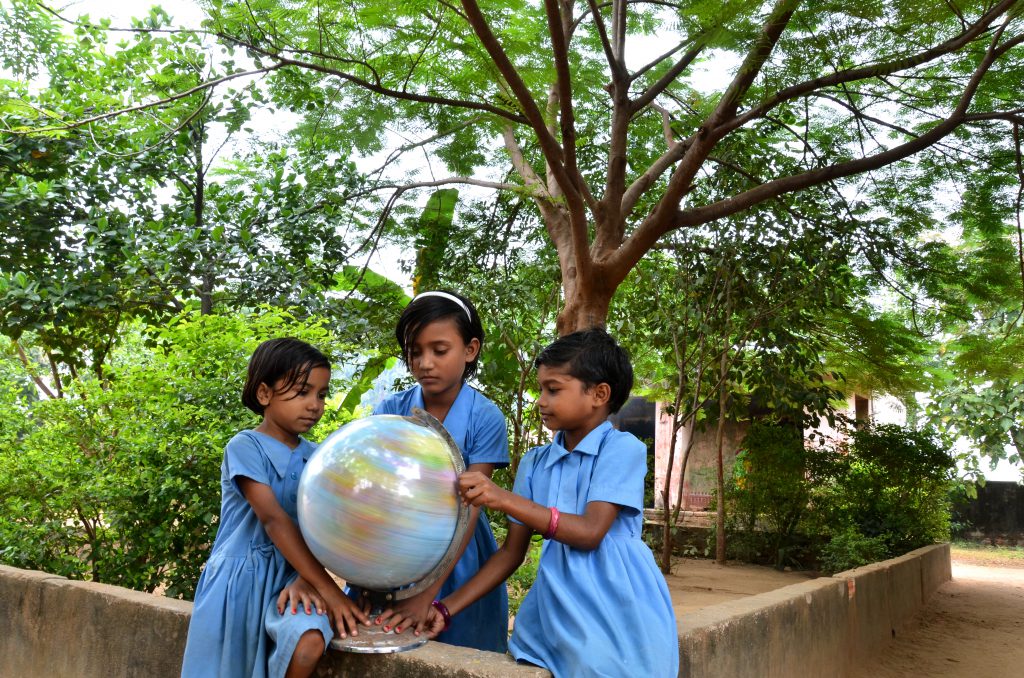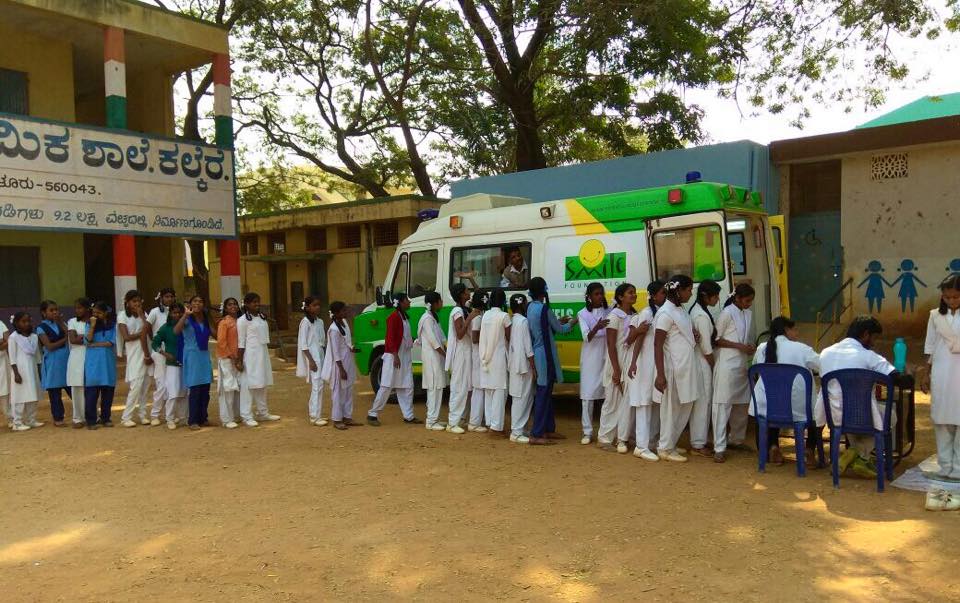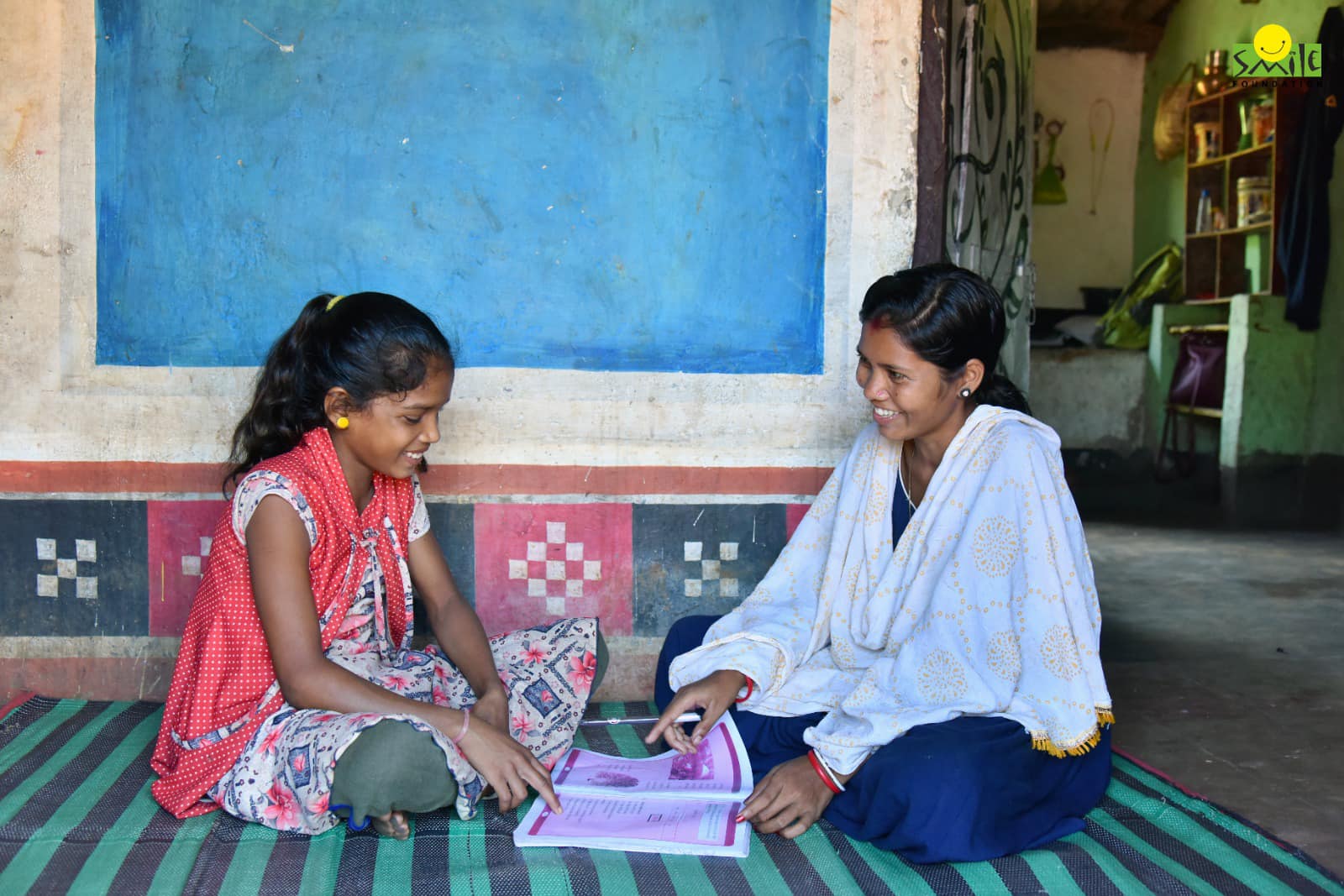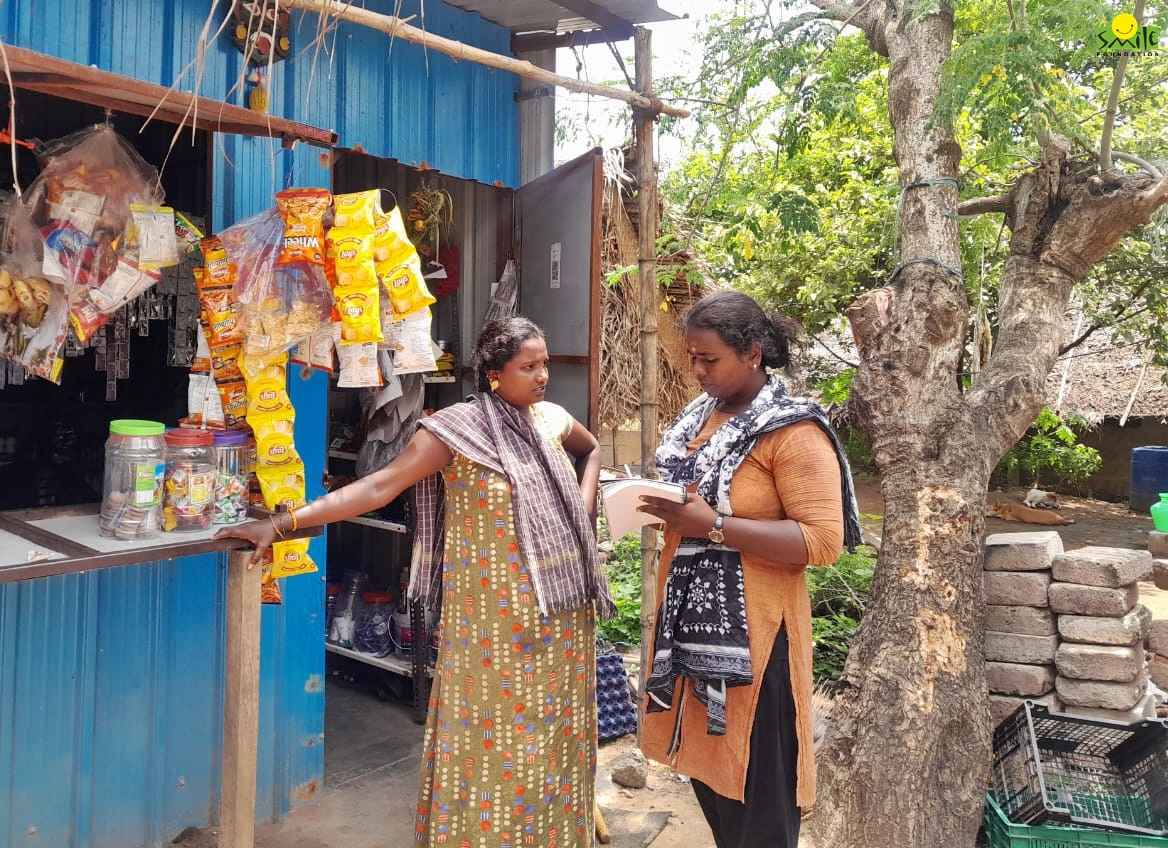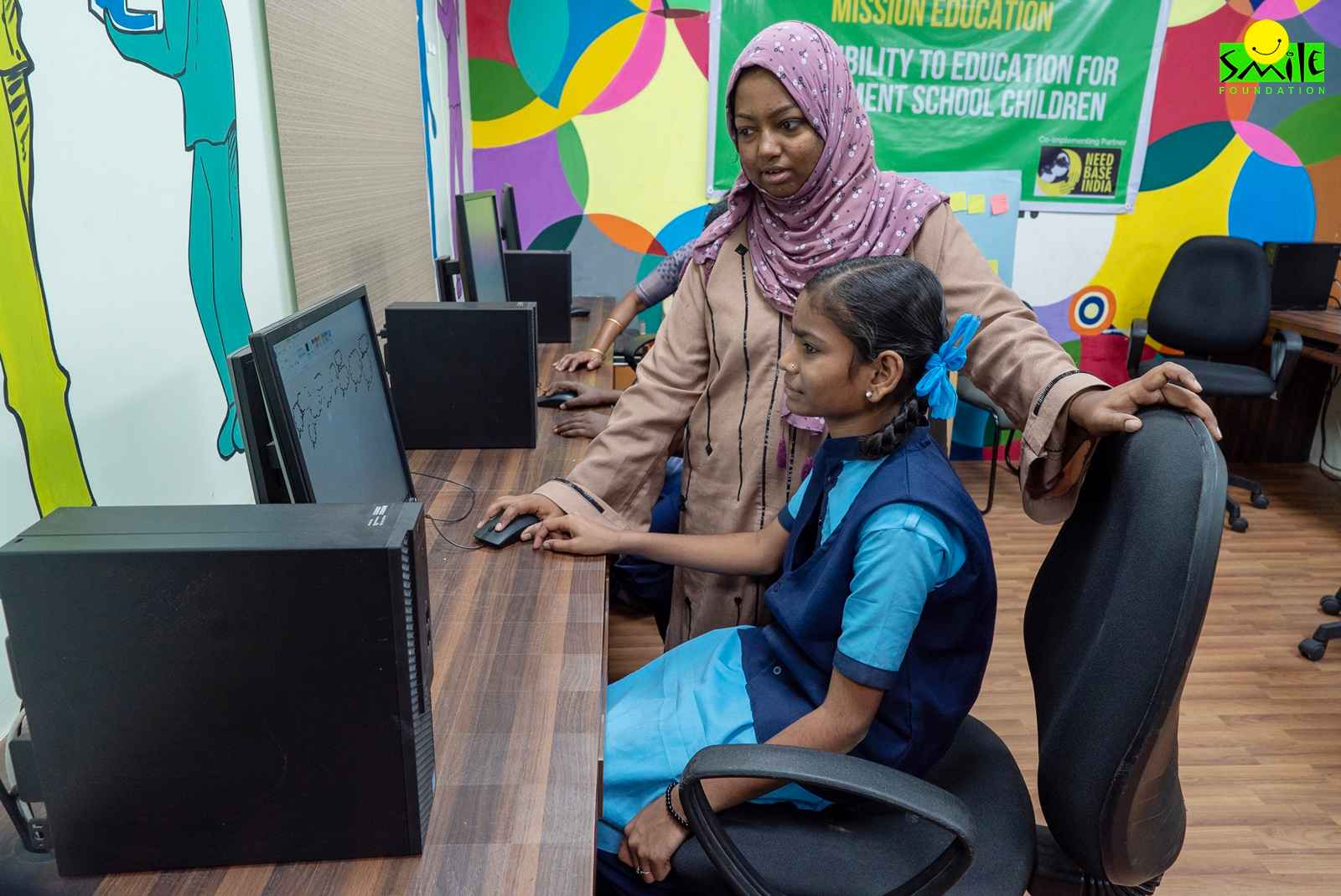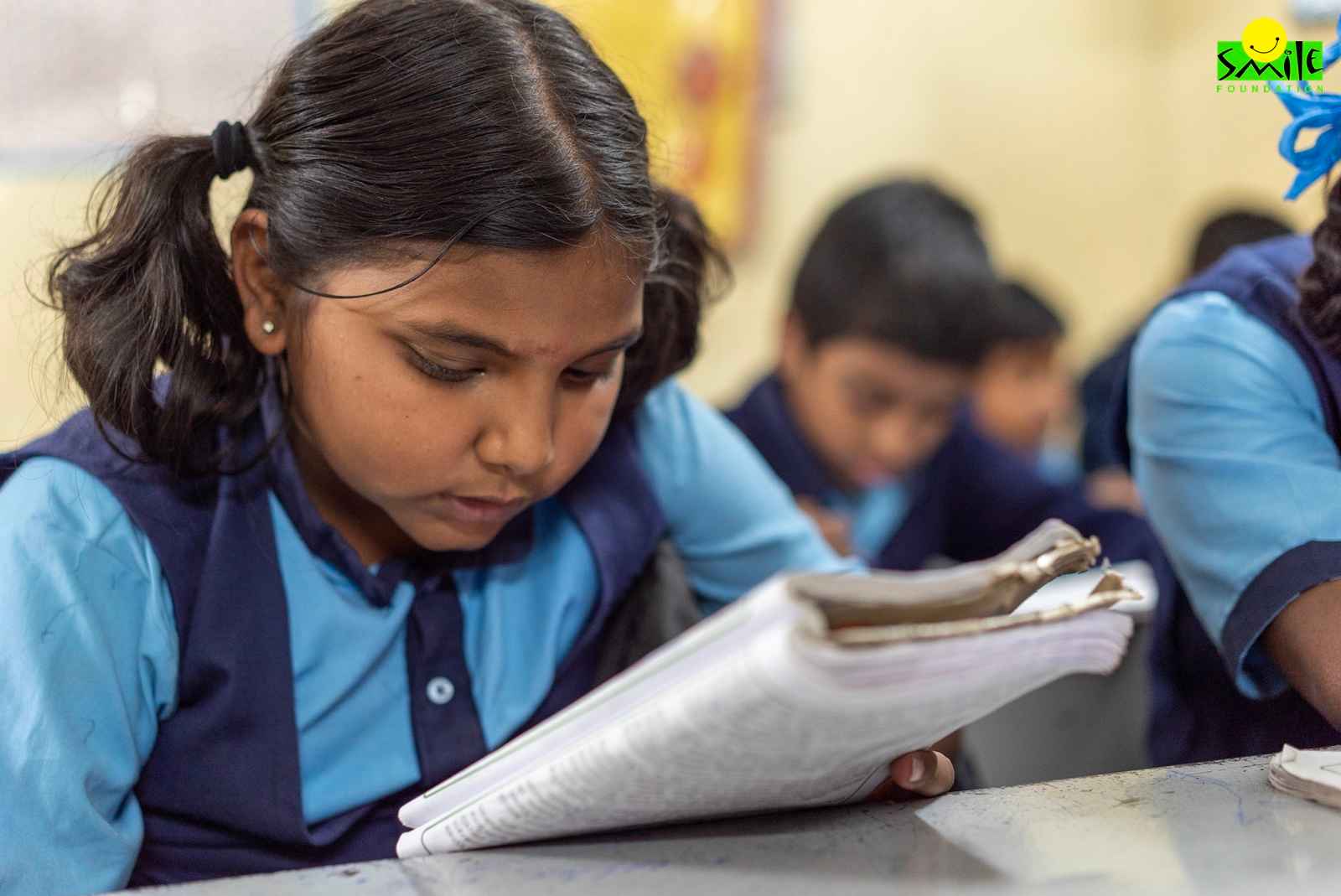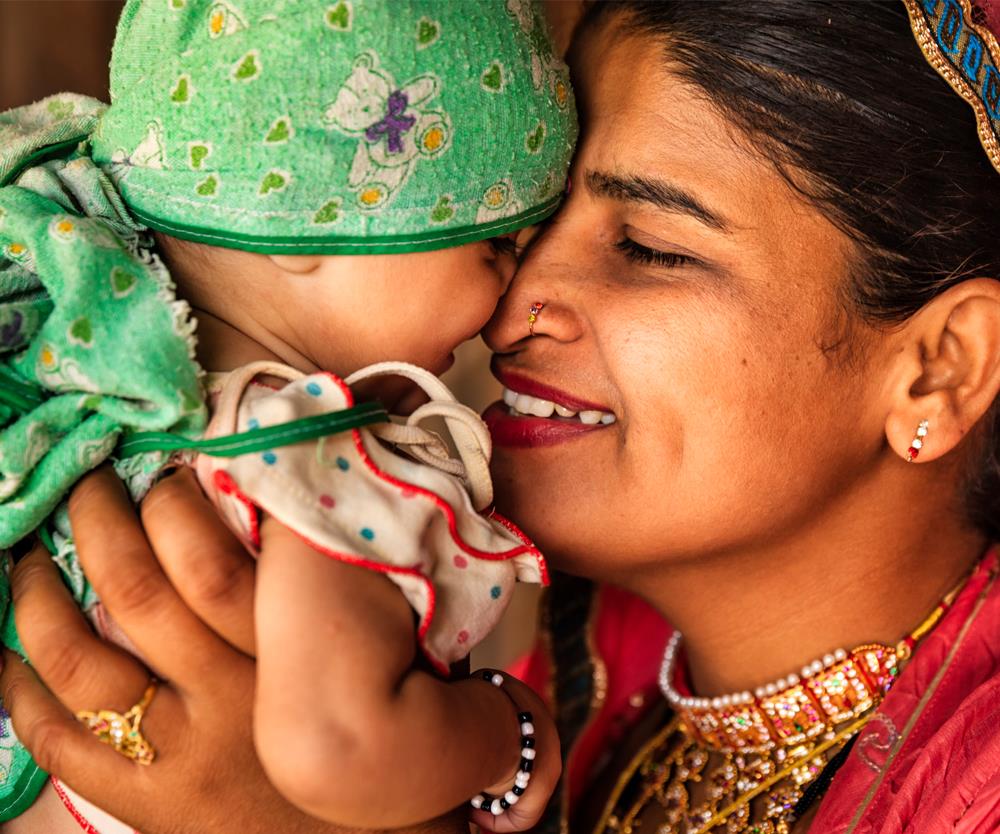Change is in the air! Around the world, more and more children are taking action to make the world a better place. They are harnessing the power of Gen Next to create meaningful and lasting change in their communities and beyond. Let’s make changemakers through girl child education India!
From organizing marches and protests to advocating for social justice and environmental protection, these young changemakers are leading the way toward a brighter future. By harnessing the power of Gen Next, we can empower children to become agents of positive change in their communities and beyond, and create a world that works for everyone.
In this blog, we will discuss the important role of children as changemakers, and explore how to unleash the power of Gen Next to create meaningful and lasting change.
What is Gen Next?
The term Gen Next refers to the next generation, in particular, the rising generation of young people aged 18-24 years old. Gen Next is often understood as the cohort born between 1995 and 2011 but is also used to refer to any person aged 18 and under.
This is because youth are often under-represented in decision-making processes, and have fewer opportunities to influence policy and decision-making.
This term emerged in the 1990s in response to the growing impact of young people and the changing nature of youth culture and is now widely used to describe young people as agents of positive change. Gen Next has been described as “a mass of connected, empowered individuals who expect to be heard, want to be involved, and want to make a difference in their own lives and in the world”.
Role of Children as Changemakers
Children and young people have been taking action to make their communities and the world a better place. But more and more children are taking action as Gen Next, and are increasingly recognized as leaders and changemakers. There are many examples of children as changemakers across the world and across different issue areas, from climate change to education, human rights to gender equality, and health to peacebuilding.
As Gen Next grows, there is a need for children and youth to be involved in decision-making processes. More and more children and young people are taking action to ensure their voices are heard and are becoming agents of positive change in their communities and beyond.
Children and young people have different perspectives than adults, and Gen Next has something to offer everyone. By involving children and young people in social change, we can harness the power of Gen Next to create meaningful and lasting change in communities, and create a world that works for everyone.
Children as Changemakers
Children and young people around the world are taking action to make their communities and the world a better place.
Benefits of Involving Children in Social Change
Children and young people have something to offer the world, and there are many benefits of involving children in social change. By including young people in decision-making processes, we can make societies more inclusive and representative of the full diversity of people and views. We can harness their energy, enthusiasm, and creativity to create positive change.
We can also create a cycle of positive change that will continue through future generations. This also helps children develop critical thinking and life skills, including problem-solving and decision-making skills. Children are eventually also able to develop empathy and a sense of responsibility for their communities and society.
Ways to Involve Children in Social Change
There are many ways to involve children in social change.
- Organize events that bring together community members, including children and young people, to discuss issues and find solutions together.
- Include children in social media campaigns and online discussions to engage with policymakers and decision-makers, and help them understand child perspectives.
- Hire and engage child-staff members to help with research, communications, and other tasks related to your organization.
- Organize events that give children the opportunity to engage with local policymakers on issues that matter to them.
- Engage children in creative and artistic forms of social change, such as writing, poetry, and art.
Encouraging Children to Become Changemakers
Ideas to encourage children to become changemakers.
- Include children in decision-making processes and give them opportunities to engage with policymakers on issues that matter to them.
- Create inclusive spaces where children and young people share their ideas and are heard.
- Appoint child ambassadors and child spokespeople to help amplify children’s voices and put them in the spotlight.
- Promote and celebrate children as changemakers and role models.
- Organize workshops and special events to engage children in social change and give them the opportunity to lead and take action.
Challenges of Involving Children in Social Change
There are many challenges to involving children in social change. Here are a few:
- Child participation in policymaking processes may be limited because of their limited access to decision-making processes and resources. – Some adults in society may be skeptical of the ability of children and young people to contribute meaningfully to decision-making processes.
- There may be a lack of space for children and young people to share their ideas and be heard.
- There may be a lack of representation of children and young voices in social change. To bridge the gap, let’s focus on girl child education India!
Conclusion
Children have always played an important role in social change, but with the rise of Gen Next, their role is becoming increasingly important. By unleashing the power of Gen Next, we can create a world that works for everyone, and more children can become changemakers.
Girl child education India is important in unlocking the potential of young changemakers. Smile Foundation wants to contribute to the making of young changemakers. Learn here!



